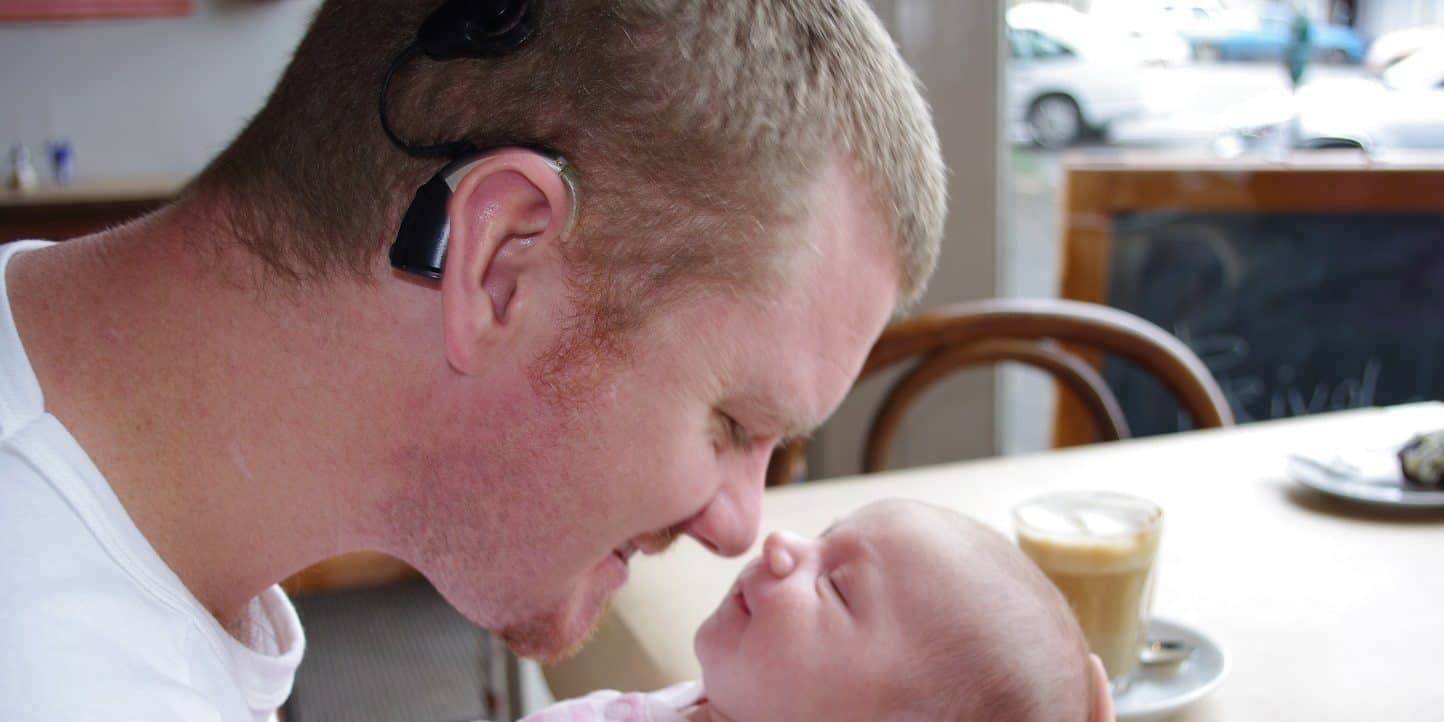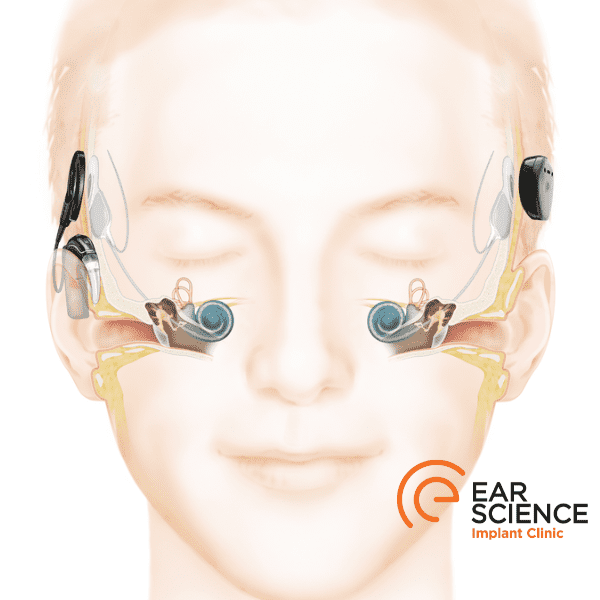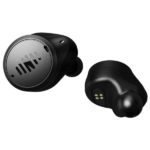No matter your age, if you find that hearing aids are becoming less effective or if they are not assisting you at all, you could be a candidate for a cochlear implant.
Hearing loss affects 1 in 6 Australians, and this number will only increase as the population ages.
In 2017, a study undertaken by Deloitte Access Economics estimated that as many as 280,000 Australians have severe hearing loss or deafness. Those 280,000 are a part of an estimated 3.6 million, or one in six, Australians that have some degree of hearing loss. It is estimated that more than one-third of Australians aged 65 have a disabling hearing loss.
Hearing loss impacts many aspects of life, for example, listening in noisy situations, hearing soft sounds, social engagement, feelings of loneliness, education and employment.
This trend is expected to continue. As many as 7.8 million Australians will be affected by hearing loss by 2060.
For many people affected by hearing loss, hearing aids provide support and allow an individual to function without impairment. However, hearing aids only amplify the sound that an individual’s ears pick up. A cochlear implant is usually the solution for people when clarity is an issue, even when sounds are amplified.
Cochlear implants directly stimulate the auditory nerve. It is an effective hearing loss treatment for both children, young adults and older individuals who have degenerative hearing loss that has become unmanageable with a hearing aid or is negatively impacting their lives.
Cochlear implants don’t amplify sounds like typical hearing aids; they instead bypass damaged ear cells to directly stimulate the hearing nerve and send signals through to the auditory processing areas of the brain.
A cochlear implant has an implanted interior component and an exterior component. The surgically placed implant is designed to last decades. Audiologists program the externally worn sound processor at one of our four Ear Science Implant Clinics. These are intended to be worn at all times and can be upgraded as new technology becomes available.
About 14,000 Australians have a cochlear implant. They are suitable for children and adults and are available from a number of manufacturers.
Cochlear implants are suitable for those with sensorineural hearing loss. A sensorineural hearing loss is when the inner ear, also referred to as the cochlea, is damaged or does not function correctly. Common causes of sensorineural hearing loss include congenital hearing loss, ageing, loud noise exposure, head injury, and side effects of pharmaceutical drugs. Sensorineural hearing loss causes sounds that are important for clarity to become quieter and more challenging to interpret, especially in loud environments. This becomes more and more challenging for people with greater degrees of hearing loss. Cochlear implants have been demonstrated as an effective treatment option for individuals with severe and profound hearing loss, restoring speech understanding to a large degree, and improving quality of life, e.g. better mental health, improved family and social life, speaking on the phone and employment.
If you want more information, read about our Cochlear Implants and processes on our website. If you’d like to determine whether a cochlear implant is right for you, our team of experienced implant audiologists are happy to help. Give us a call on 1300 847 395 or request an appointment today!
References Deloitte Access Economics, 2017. The Social and Economic Cost of Hearing Loss in Australia. Hearing Care Industry Association June Report, [online] Available at: http://www.hcia.com.au/hcia-wp/wp-content/uploads/2015/05/Social-and-Economic-Cost-of-Hearing-Health-inAustralia_June-2017.pdf. Australian Institute of Health and Welfare, 1992. Cochlear implants. Reports from the Australian Institute of Health and Welfare (AIHW), 11(1), pp.117-122, [online] Available at: https://www.aihw.gov.au/reports/corporate-publications/cochlear-implants/contents/summary. 2020-21 Pre- Budget Submission Keeping Senior Hearing Implant Users Connected Proposal to fund the replacement hearing implant sound processors for over 65s. https://treasury.gov.au/sites/default/files/2020-09/115786_COCHLEAR_AND_OTHERS.pdf Hogan A. Implant outcomes: Towards a mixed methodology for evaluating the efficacy of adult cochlear implant programmes. Disability and Rehabilitation, 19:235; 1997. Maki-Torkko EM, Vestergren S, Harder H, Lyxell B. From isolation and dependence to autonomy expectations before and experiences after cochlear implantation in adult cochlear implant users and their significant others. Disability and Rehabilitation. 37:541–547; 2015.






